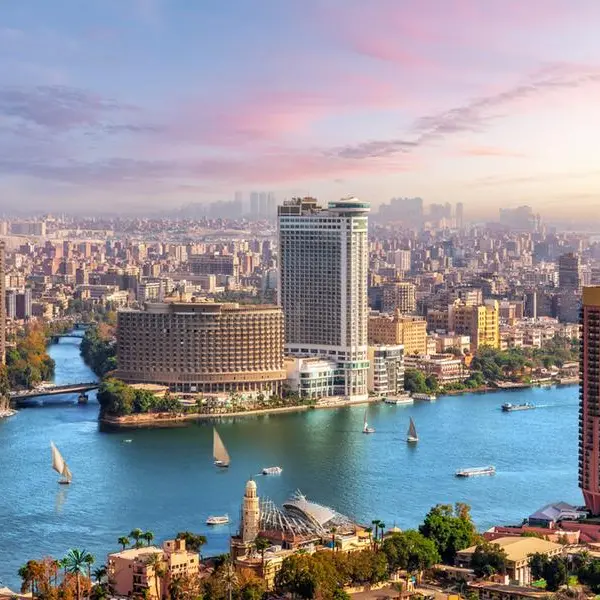PHOTO
Mohamed Maait, Minister of Finance, emphasized that the IMF Executive Board’s approval for an extended credit facility under the Egyptian economic reform program now provides $8bn in financing (up from the initial $3bn). This decision, based on expert-level agreements between Egyptian authorities and the IMF team in early March, underscores the significance of corrective measures for Egypt’s economic trajectory. These measures involve integrated and consistent fiscal and monetary policies, which in turn stimulate foreign direct investment flows.
In a statement issued Saturday by the Ministry of Finance, Maait highlighted that the IMF’s approval grants Egypt access to the Resilience and Sustainability Fund. Through this fund, Egypt can secure very low-cost, long-term financing specifically earmarked for climate-related projects, totaling $1.2bn. The IMF-supported economic reform program aims to restore economic stability and receives additional support and financing from other financial institutions and international development partners, surpassing a total of $20bn. Additionally, the Ras Al-Hekma deal contributes an additional $35bn, thereby alleviating financial constraints in the short and medium term.
The government is actively working to expedite economic recovery by implementing stimulating policies for the private sector. These policies are designed to drive growth and employment, starting from this year’s budget. Efforts are underway to revitalize productive, industrial, and export sectors, all while ensuring a balanced approach to financial discipline. The goal is to reduce budget and debt deficits as a percentage of GDP, achieve sustainable growth, and alleviate burdens on citizens.
Maait reaffirmed the government’s commitment to social welfare measures, particularly for low and middle-income families. The new budget for the fiscal year 2024/2025 allocates EGP 636bn for support, grants, and social benefits. Notably, allocations for the health and education sectors have increased by over 30%, reflecting their status as top priorities in building Egypt’s human capital.
The path of economic reform is evident in the targets and priorities outlined in the new budget. The scope of the general government has expanded to monitor all national economic activities, emphasizing a comprehensive approach to managing state finances. For the first time, the general government budget encompasses all economic entities and the state administrative apparatus, effective from the fiscal year 2024/2025. This restructuring effort enhances our ability to prioritize and achieve economic, social, and developmental goals.
The new budget also aims to rationalize investment spending across state entities. A ceiling of one trillion pounds has been set, creating space for private sector operations, production, manufacturing, and export. By increasing private sector contributions to economic and developmental activities, Egypt seeks to foster an attractive investment environment. The recent law canceling preferential tax and customs benefits for state entities further promotes competitive neutrality and encourages private sector participation.
Improving financial performance indicators is a key focus in the 2024/2025 budget. Ambitious targets include achieving an initial surplus of 3.5% of GDP, driven by a 30% increase in tax revenues achieved through an expanded tax base. The government aims to reduce the total deficit to 6% in the medium term and put the debt ratio on a downward trajectory, reaching 80% by June 2027. To achieve this, a legal ceiling for general government debt has been established, requiring approval from the President, the Cabinet, and the House of Representatives. Additionally, half of the proceeds from the offerings program will directly contribute to reducing government debt.
Ahmed Kouchouk, Deputy Minister of Finance for Financial Policies and Institutional Development, emphasizes that enhancing the private sector’s role in the national economy is crucial for sustainable growth. The government remains committed to implementing the state’s economic policy document, which forms a cornerstone of structural reforms in the Egyptian economy. Accelerating the pace of the offerings program and creating attractive opportunities for private investments are essential steps. Efforts to enhance competition between the private and public sectors further contribute to economic vitality.
Among the financial measures taken to sustain economic stability, the government has set a ceiling for public debt, prioritized and rationalized investment spending, and established a limit for public investments across state entities, not exceeding EGP 1trn during the next fiscal year.
© 2024 Daily News Egypt. Provided by SyndiGate Media Inc. (Syndigate.info).




















